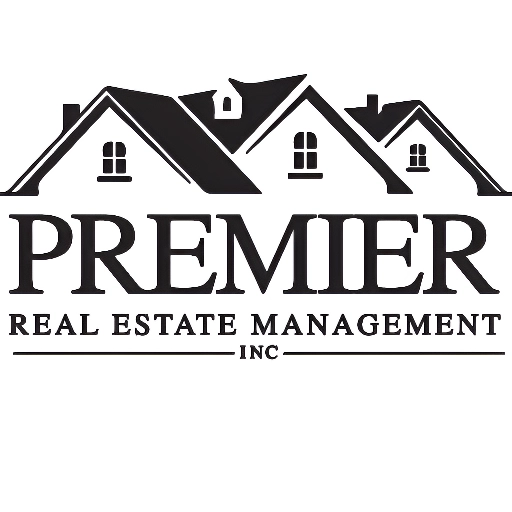Know How to Use a Standard Lease Agreement to Your Benefit
A standard lease agreement is a document that officially outlines the terms under which one party agrees to rent property from another. The purpose of this agreement is to protect the rights of both the tenant and the property owner.
When you rent or lease a property, you will have to sign a lease agreement that includes the specific responsibilities of the parties involved. Certain provisions mentioned in the lease agreement are standard, even though leases vary from one landlord to another.
Here is a snapshot of standard lease provisions as mentioned by our professionals who offer property management services in Kansas City.
- Name(s) of all the parties
- Location and description of the property
- The term and limits of occupancy
- Rent amount
- Security deposits and fees
- The need for alterations, maintenance, and repair
- Pets and conditions
- Access to the property
- Legal restrictions
As your lease agreement features only the basics, it should be used as a guide and not as your final lease agreement. However, some additional lease clauses can be added to this lease agreement to use it for your benefit.
5 Lease Clauses You Should Consider Adding
Severability
Severability is the most important lease clause. It states that if one part of the lease is deemed to be illegal for some reason, the rest of the contract is still legally binding.
Subleasing
Ask yourself if you are comfortable with residents subleasing the apartment. If you are ready to sublease, list down the conditions under which the resident can sublease the apartment. Detail this information as part of the initial contract and don’t wait until the resident contacts you to tell that they’ve already moved out and subleased the unit to someone else.
Joint and Several Liability
A joint or several liabilities represents that each party to the lease is jointly and individually responsible for fulfilling the contract. Even if a single person is liable for damages in the property, the other people residing in the same property should take the responsibility to resolve issues amongst each other. By this way, they don’t get stuck footing the bill.
Lease Renewal
In this lease clause, explain how the lease will be automatically renewed. If a landlord doesn’t plan to renew, then he should give at least 60 days’ notice to notify the end of a lease.
Lease renewal clause can also include an escalator that mentions how much the lease amount will go up after renewal. This also helps residents to anticipate rent increases, so they aren’t caught off-guard.
Use of Premises
This clause must include who can access the different units in your property and for what purposes. You should also mention whether the unit is to be used solely for residential or for commercial purposes.
To know more about preparing an initial lease agreement, talk to our property managers. Visit https://propertymanagerskc.com to choose the right property management service.








